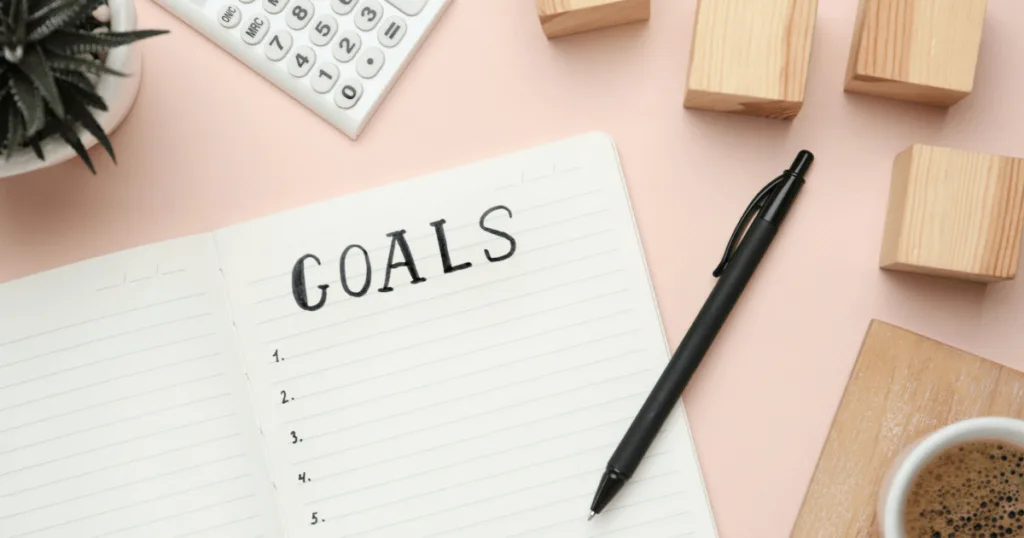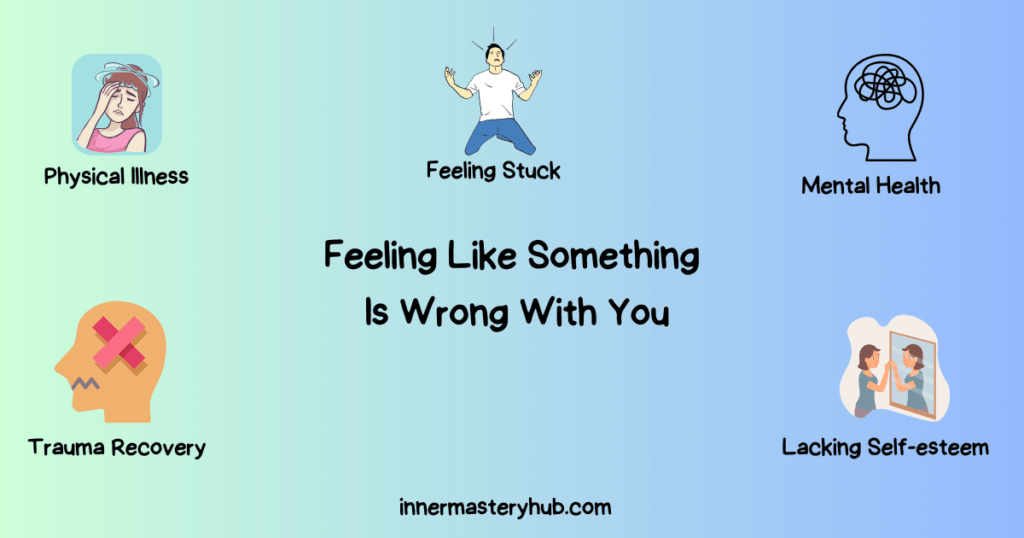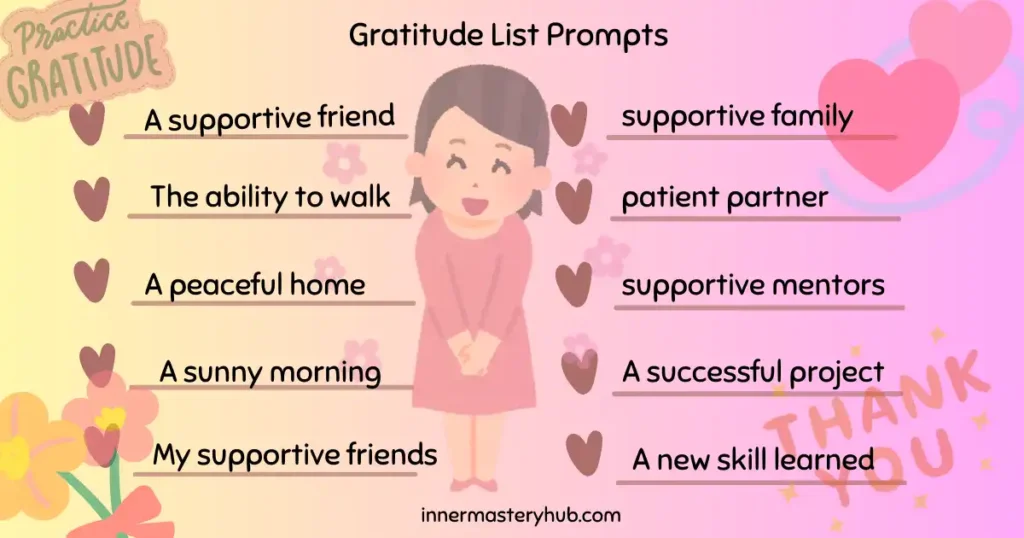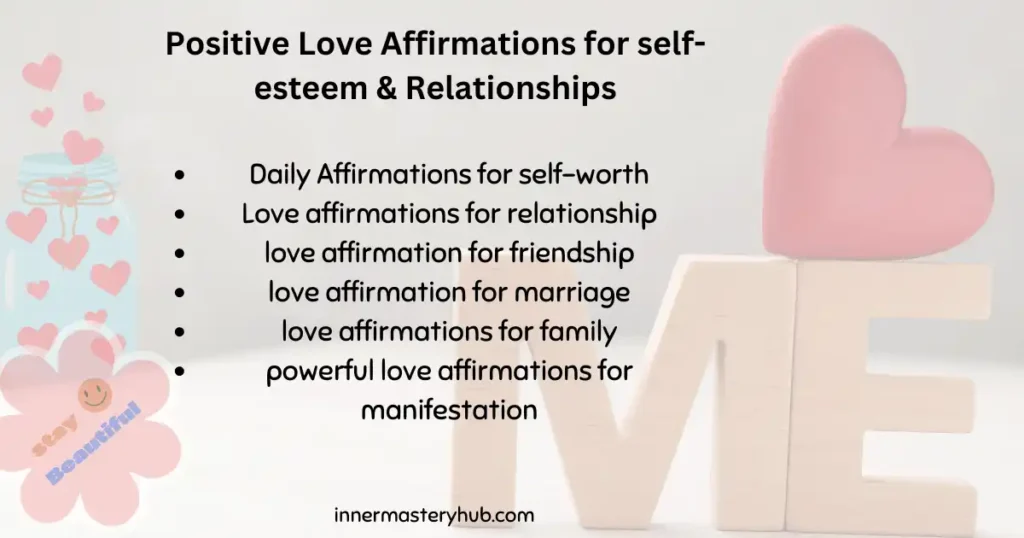Sleep Problems And Coping Strategies

It can be difficult to comprehend how coping mechanisms, sleep difficulties, insomnia, depression, and depressive symptoms are all closely related. You see, a lot of individuals suffer from insomnia and sleep issues, and they can significantly affect our lives. When used to address depressive symptoms, they are frequently referred to as maladaptive coping mechanisms.
In this article, we will finally explore the complex relationship between these important facets of mental health. We’ll try to clarify how diet, sleep, and daily routine are impacted by our different maladaptive coping techniques and avoidance processes, and how these aspects can exacerbate symptoms of depression. Exciting stuff, huh? Now let’s begin!
Table of Contents
Signs you may be oversleeping
Identifying excessive sleep can help you live a healthy lifestyle. While sleep deprivation can vary, some common symptoms include trouble waking up in the morning, afternoon grogginess, weariness, and a loss of enthusiasm and vigor. Long-term sleep can cause headaches, back pain, and cognitive impairment.
Chronic insomnia or oversleeping may suggest sleep apnea or depression. To rule out health issues, get medical help if you habitually sleep too much or have sleeplessness.
Naps and Other Ways to Keep Depression Symptoms in Check
Napping and other rest can help manage depressive symptoms. A 20-30-minute power nap at various times of day and several hours at night can revitalize the body and mind, enhance mood, and replenish energy.
Patients must ensure midday naps do not disrupt nocturnal sleep. Consistent bedtimes, depression, afternoon naps, and wake-up times can help regulate your body’s internal clock and improve sleep quality.
Sleep management, moderate exercise, a healthy diet, and mindfulness practices like meditation or deep breathing can help control depressive symptoms.
Depression patients must remember that these treatments are meant to supplement, not replace, standard therapy procedures. Professional help is essential for depression.
In harmful “depression naps,” people oversleep to avoid emotional anguish. It may help temporarily, but it may disrupt sleep and worsen depression. Healthy sleeping mechanisms that improve sleep efficiency are vital for overall health.
Sleep, Recovery, and Mental Heath
Sleep and recovery are essential for mental wellness. According to research, sleep quality and quantity affect mood, stress, and cognitive function. Sleep difficulties including insomnia and sleep apnea are linked to mental health issues like depression and bipolar disorder[1].
Both rest and recovery are vital for mental wellness. Resting restores and heals our bodies, improving our attitude. Physical comfort, mental relaxation, and mindfulness are included. Regular mindfulness techniques have been demonstrated to lessen sadness and distress, increase focus and cognitive performance, and boost well-being[2].
Sleep-deprived people need a good sleep pattern, regular rest and recovery intervals, and enough sleep in their everyday lives and wake-up routines for comprehensive mental health care. Always seek expert care for persistent mental health difficulties.
Fighting depression
Combating depression demands a holistic strategy. This includes treatment, medication, lifestyle changes, and help. Remember that depression is serious and you can get treatment. If depressed, see a medical or mental health expert.
Regular exercise and a healthy diet can help depression patients. Social connections and mindfulness practices like meditation and yoga can help people manage emotions and reduce depression and isolation. Remember to see a doctor for depression diagnosis and treatment.
Sleeping Well Without Oversleeping
Healthy physical and mental health requires a balance between enough and too much sleep. Better sleep requires a regular schedule and a comfortable atmosphere. Exercise improves sleep, but avoid hard activities before bed. Be cautious of what you eat and drink before bed and seek expert help for oversleeping or fatigue.
Are all naps bad for you in general?
Not all midday and solo naps are unhealthy. Short naps and power naps alone can boost happiness, alertness, and performance. For nighttime insomniacs, they can be helpful. To avoid sleep inertia and waking up weary and sluggish, midday naps should be 20–30 minutes.
Late-day naps can also disrupt nighttime sleep. Regular nap hours, depressive naps, lengthier naps, or strange nap times may suggest sleep disorders or lack. Consider seeing a doctor if you need frequent or long depression naps.
3 healthy Sleeping Habits to Adopt
- Maintain a Regular Sleep Schedule: Even on weekends and vacations, try to stick to a sleep and wake-up schedule. Regularity resets your body’s rhythm, improving sleep.
- Create a Pre-Sleep Routine: Set a relaxing routine to prepare your body for sleep. Reading, quiet music, and relaxation activities are examples.
- Dark, quiet, and slightly tranquil are ideal sleep environments. Earplugs or an eye mask may help. Keep computers and TVs out of the bedroom, and get a comfy mattress and pillows to decrease light and noise.
Is napping a coping mechanism?
Napping can relieve exhaustion and boost alertness, but some regard it as a lovely way to cope with stress and depression. Regular nappers reported higher anxiety and depression, according to University of Michigan research[3]. This shows that some people nap to avoid stressful situations, daily life depression, or other life experiences.
Patients must realize that a short nap can improve mood and energy, but it cannot solve mental health issues. Long, frequent naps may disturb evening sleep, worsening these disorders. When coping with chronic sleep or mental health disorders, always seek professional guidance.
Why do I feel like I need a nap every day?
Napping daily may have many causes. Many people with depression snooze due to sleep deprivation. Lack of quality sleep at night can make you fatigued during the day. Lifestyle, stress, or an uncomfortable or sleep-deprived environment may cause poor sleep quality and depressed nap.
Sleep apnea, anemia, and thyroid difficulties can produce exhaustion and require daytime rest. Nighttime side effects of certain drugs include sleepiness.
Caffeine, heavy meals, and early-morning alcohol can also cause tiredness and a nap. Excessive talking, late nights, or electronic device use before bed might alter sleep patterns and cause daytime weariness.
While occasional napping is fine, excessive sleep disorders may suggest underlying health issues, therefore a doctor should assess individuals.
Control Variables
Several variables can impact the outcome of the study of sleep patterns and their impact on overall health. These are known as control variables, and ensuring these are kept consistent is essential to the integrity of the research.
- Age: Age can significantly influence sleep patterns and the body’s response to lack or excess sleep problems. It is crucial to check this variable or consider it in the analysis.
- Health Status: Existing health conditions, including mental health issues, can affect sleep patterns. These conditions should be considered and checked for clarity in the results.
- Lifestyle Factors: Lifestyle habits such as diet, exercise, use of electronic devices, and consumption of substances like caffeine and alcohol can impact sleep quality and duration.
- Environment: The environment where sleep occurs, including noise levels, light exposure, and comfort, can significantly affect sleep quality and should be practiced.
- Medication Use: Certain medications can cause drowsiness or disrupt sleep. This variable needs to be monitored and checked to obtain accurate outcomes.
By regulating these variables in sleep research, we can finally draw more accurate conclusions about the relationship between sleep and overall health.
Pittsburgh Sleep Quality Index
A frequently used and validated instrument for monitoring adult sleep quality and patterns is the Pittsburgh Sleep Quality Index (PSQI). Seven factors distinguish “poor” sleepers from “good” sleepers: subjective sleep quality, sleep latency, sleep duration, habitual sleep efficiency, sleep disturbances, sleeping medication use, and daytime dysfunction due to sleepiness.
Each region is scored from 0 (no problem) to 3 (severe problem) and totaled up to get a global score. PSQ scores over five suggest poor sleep. The tool helps identify sleep issues and track sleep intervention effectiveness.
Sleep diary
A sleep diary helps you understand your sleep habits. It involves tracking your sleep issues, wake hours, coffee and alcohol use, exercise, and screen time.
For a typical person with a sleep diary, you would document the following information:
- What time did you go to bed?
- What time did you try to go to sleep?
- How long it took to fall asleep (sleep latency)
- Number and duration of awakenings in the night
- Total sleep time
- What time did you wake up
- What time do you got out of bed
- Quality of sleep (using a scale)
- Any sleep medications used
- Number of caffeinated beverages consumed and time of consumption
- Number of alcoholic beverages consumed and time of consumption
- Type and duration of physical exercise
- Any significant stressors or disruptions to your routine
- avoid caffeine at bedtime
By analyzing your sleep diary, you can identify patterns or behaviors contributing to poor sleep. It’s also a valuable resource when discussing sleep issues with healthcare providers.
REFERENCES
[1]: Harvard Medical School, 2009
[2]: American Psychological Association, 2012
[3] https://www.ncbi.nlm.nih.gov/pmc/articles/PMC3181883/
Why do I use sleep as a coping mechanism?
Sleeping as a coping method for escape or momentarily reduces mental anguish, stress, or overwhelming circumstances. Sleep offers a respite from the actual world and a sense of relief, peace, and comfort. It might be a subliminal effort to avoid facing complicated feelings or issues.
Sleep also aids in mood monitoring and mental and physical well-being restoration. Excessive sleep as a coping method may indicate underlying problems that may benefit from professional assistance or the investigation of healthier coping mechanisms.
Is sleeping an OK coping strategy?
Using sleep as a coping strategy can be successful and advantageous in moderation. In addition to regulating emotions, lowering stress levels, and reviving energy levels, getting enough sleep is crucial for general well-being. It offers the body a break and enables the body and mind to recover.
But it’s crucial to maintain equilibrium. Overly relying on sleep as your only coping may lead to unhealthy and indicate ignoring or dealing with more profound problems. It’s imperative to deal with problems, feelings, and anxieties healthily and balanced. A holistic approach to well-being can be ensured by seeking expert advice or looking into alternative coping mechanisms.
Why is sleeping my coping technique?
There may be several underlying causes for using sleep as a coping method. It could be a way to escape overwhelming feelings, stress, or challenging circumstances. Sleep provides a brief relief, allowing patients to forget their problems briefly.
It might also give one a sense of control in a chaotic world or heavy emotions. However, relying on sleep as a coping technique might point to the need for healthier approaches to deal with underlying problems. More long-lasting emotional well-being can be achieved by avoiding maladaptive coping strategies, getting help, and addressing underlying issues.
Is sleeping a healthy coping skill for anxiety?
Sleeping can help calm a patient with anxiety since it offers momentary comfort and relaxation. For long-term management and well-being, tackling the underlying causes of discomfort and insomnia is crucial and creating all-encompassing, healthy coping and avoidance mechanisms.
How can I stop my sleep addiction?
Healthy sleeping practices must be established to manage sleep addiction. Start by creating and adhering to a regular nighttime sleep routine to guarantee you have enough time for restful sleep. Avoid stimulating activities, caffeine, or screen time before bed, and establish a relaxing nighttime sleep ritual. Ensure your bedroom is cozy, dark, and quiet to promote restful sleep.
Limit morning and afternoon naps, and avoid coffee, caffeine, and big foods right before night. Regularly exercise and use relaxation techniques to manage your stress. If necessary, get expert assistance from a medical practitioner or sleep expert who may offer direction and command suited to your particular circumstance.
Why do I use sleep as an escape from life and sleep problems?
It may be possible to temporarily avoid or cope with uncomfortable emotions, stress, or hard circumstances by using sleep or even sleeping as a coping mechanism or strategy for an escape. Sleep is a refuge from the duties and pressures of daily life and a getaway from reality. It might be an unconscious effort to achieve comfort, peace, and solace.
By falling asleep, people can temporarily cope and distance themselves from their issues and obligations. However, relying on sleep as your main escape from stress may signal more profound problems that must be addressed. Long-term well-being can be enhanced by investigating healthier coping mechanisms and addressing the underlying causes of the person needing sleep as a coping technique for escape.
Depression nap to make patients avoid depression?
It may be detrimental to use “depression nap” as a preventative measure or treatment for depression in patients. Even though it could offer short-term respite, relying entirely on excessive sleep or sleeping as a coping mechanism for a tactic might interfere with regular sleep cycles, exacerbate depressed symptoms, and prevent the growth of efficient long-term coping skills. Achieving long-term well-being requires consulting a professional and looking into holistic alternatives to treating depression.






